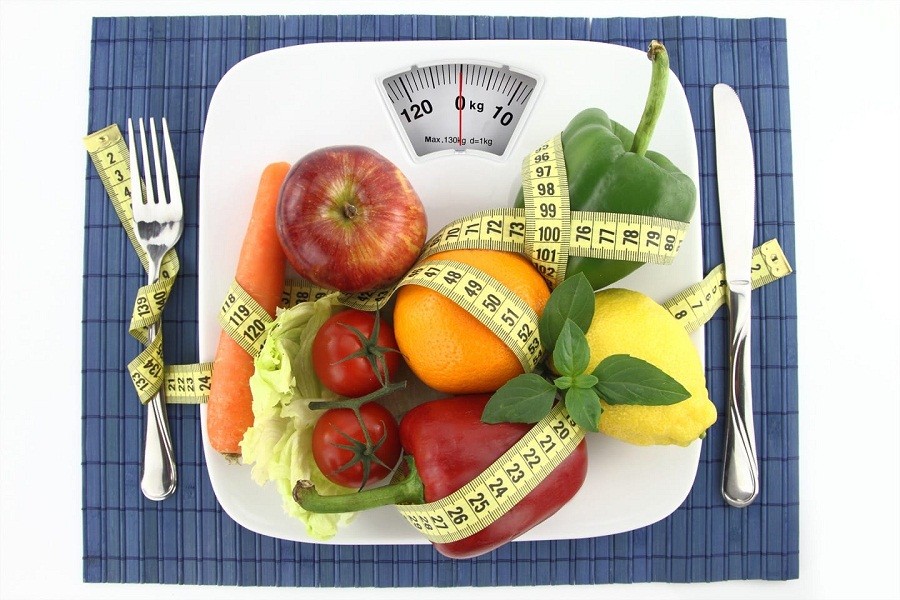Everybody has unique demands; therefore, certain dietary habits and advice are more effective than others.
Some fundamental guidelines apply when attempting to lose weight, regardless of whether you find that a low-carb diet or a diet that emphasises whole foods helps you achieve your weight loss goals.
Here are several weight-loss strategies supported by doctors that emphasise sensible carbohydrate selection and healthy eating.
Decreasing your appetite and hunger while keeping you full leads to sustained weight loss. This may be useful if you want to lose weight rapidly, but rapid weight loss is rarely long-lasting.
It will help you improve your health and increase the likelihood of losing weight permanently if you concentrate on long-term health and behaviours you can maintain.
Have your breakfast with a lot of protein: A high-protein breakfast may help limit cravings and calorie consumption all day long.
Avoid fruit juice and other sugary beverages: Your body cannot utilise empty calories from sugar, which might impede weight loss.
Hydrate yourself: Aim to consume half your body weight in ounces of water each day.
Opt for foods that help you lose weight: Certain foods are more effective for weight loss than others. Here is a list of nutritious foods that promote weight loss.
Take in more fibre: Consuming fibre may help people lose weight, according to studies. Obtain fibre from whole grains, produce, fruits, nuts, and seeds.
Drink tea or coffee: Consuming caffeine may speed up your metabolism. However, there's no need to overdo the caffeine, and you should not over-sweeten these beverages.
Eat gradually: Eating fast can result in weight gain over time, whereas eating slowly makes you feel more satisfied and increases the production of hormones that help you lose weight.
Get a good night's sleep: Poor sleep is one of the major risk factors for weight gain. While it is linked to hundred other health factors, sleep is essential for weight maintenance.
Quick weight loss menu
These low-carb meals keep daily carbohydrate intake to 20–50 grams. Protein, healthy fats, and vegetables should be included in every meal. Everyone has varied demands and culinary preferences; therefore, these meal options should only be considered as ideas.
Add some healthy whole grains to your meals, such as oatmeal, whole wheat flour, bread or pasta, brown rice, and barley, if you want to lose weight while still consuming complex carbohydrates.
Ideas for breakfast
1. Poached egg, sliced avocado, and berries on the side.
2. A spinach, avocado, and nut milk green smoothie with cottage cheese.
3. A spinach, mushroom, and crustless feta quiche.
4. Berry and almond-topped Greek yoghurt without added sugar.
Ideas for lunch
1. Smoked salmon, avocado, and asparagus on the side.
2. Grilled chicken, black beans, red pepper, and salsa in a lettuce wrap.
3. A kale and spinach salad with chickpeas, guacamole, and tofu that has been grilled.
4. A BLT wrap with peanut butter and celery sticks.
Ideas for dinner
1. A chicken, pepper, mango, avocado, and spice enchilada salad
2. Baked ground turkey with cheese, peppers, onions, and mushrooms.
3. An antipasto salad with cucumbers, white beans, asparagus, and Parmesan.
4. Roasted cauliflower with pine nuts, tempeh, and Brussels sprouts.
5. baked salmon with roasted zucchini, ginger, and sesame oil.
Snack ideas
Vegetables and cauliflower hummus, kale chips, cottage cheese with cinnamon and flaxseeds, spicy roasted chickpeas, roasted pumpkin seeds, steamed tuna pouches, strawberries, and a homemade trail mix with nuts and dried fruit.
It is obvious from the mentioned food menus that a healthy diet can be really expensive. If you want to cut costs, consulting a nutritionist is advisable. Nevertheless, the cost won't come down significantly.


